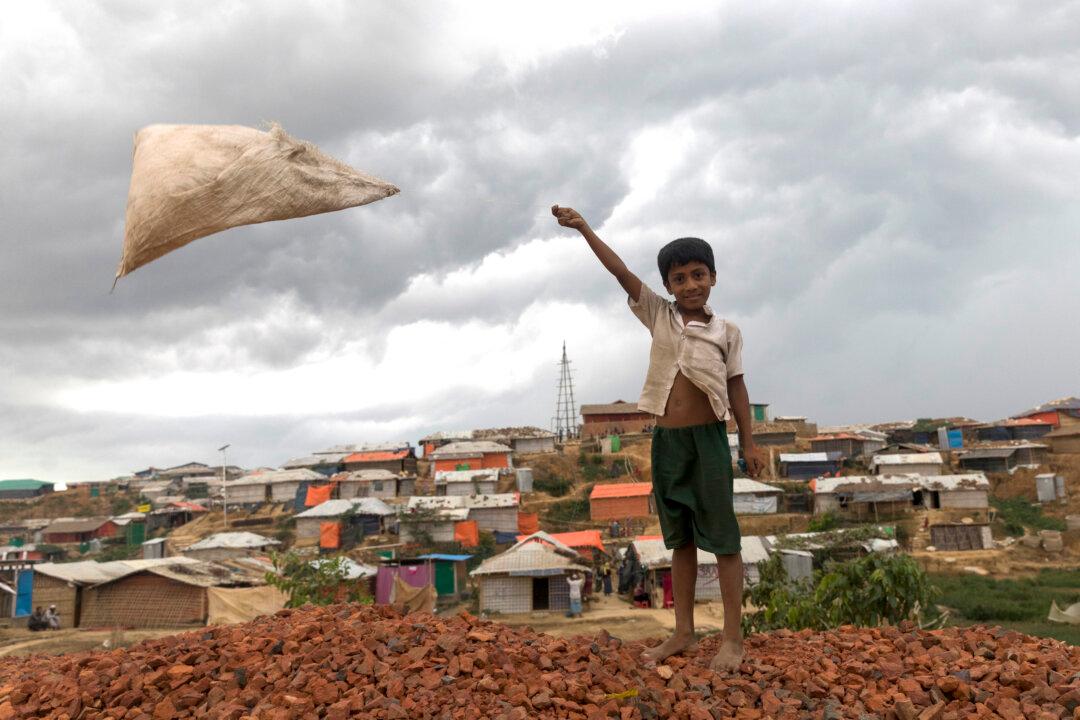COX'S BAZAR, Bangladesh—As she ran with her husband and children to the border of Bangladesh, Nur Halima looked at her family and realized with horror that someone was missing–her only son.
“I thought he had been killed,” she said, recalling her horrifying ordeal of trying to cross the Burma–Bangladesh border with her family last year.
